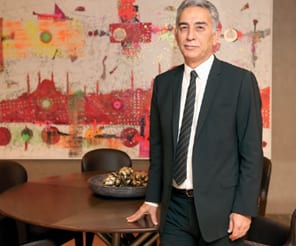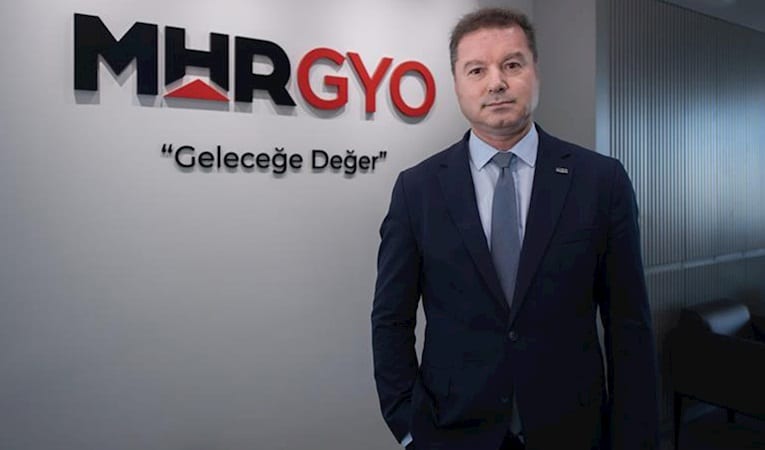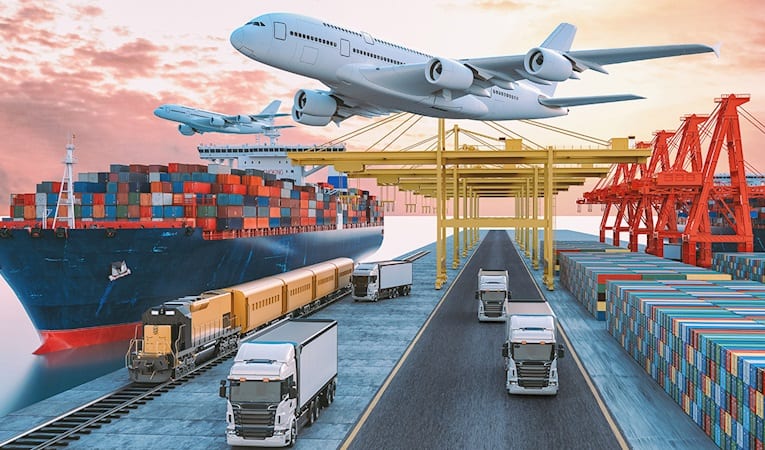
-
BIST 100
 13821,97%0,49En Düşük13821,97En Yüksek0
13821,97%0,49En Düşük13821,97En Yüksek0 -
DOLAR
 43,97%0,02Alış43,95Satış43,97En Yüksek43,99
43,97%0,02Alış43,95Satış43,97En Yüksek43,99 -
EURO
 51,15%-0,58Alış51,11Satış51,15En Yüksek51,53
51,15%-0,58Alış51,11Satış51,15En Yüksek51,53 -
STERLİN
 59,10%-0,28Alış58,48Satış59,10En Yüksek59,09
59,10%-0,28Alış58,48Satış59,10En Yüksek59,09 -
ALTIN
 7650%-2,24Alış7324,43Satış7650En Yüksek7825
7650%-2,24Alış7324,43Satış7650En Yüksek7825
-
BIST 100
 0%0,49En Düşük0En Yüksek0
0%0,49En Düşük0En Yüksek0 -
DOLAR
 43,96%0,02Alış43,95Satış43,97En Yüksek43,99
43,96%0,02Alış43,95Satış43,97En Yüksek43,99 -
EURO
 51,13%-0,58Alış51,11Satış51,15En Yüksek51,53
51,13%-0,58Alış51,11Satış51,15En Yüksek51,53 -
STERLİN
 58,79%-0,28Alış58,48Satış59,10En Yüksek59,09
58,79%-0,28Alış58,48Satış59,10En Yüksek59,09 -
ALTIN
 0%-2,24Alış7324,43Satış7650En Yüksek7825
0%-2,24Alış7324,43Satış7650En Yüksek7825
- Anasayfa
- Haberler
- Tüm Haberler
- We are not after radical growth
We are not after radical growth
We spoke with Adnan Polat Enerji Board Chair Adnan Polat about their business and, of course, Galatasaray.
1.03.2013 00:00:000

Capital: We don’t see your name on the board of Polat Holding. Why not?
- At the beginning of the 2000s, I was board chair of Polat Holding and its affiliated companies. When I became chair of Galatasaray in 2006, I turned over the chair of Polat Holding to my father. For five years, I spent all of my time working for Galatasaray. When I returned to the holding in 2011, I saw that everything had gone very well and I did not touch anything. Apart from the holding, I have two companies which belong completely to me. I began to manage them.
Capital: Why did you return to Galatasaray in the midst of all of this work?
- Because of my love for Galatasaray... The late Özhan Canaydin tried very hard to persuade me. He said: “Galatasaray is sinking. Come and help. I know you from when we worked together in Alp Yalman’s time. Only you can get Galatasaray out of this hole.” At Galatasaray, no one can demand a position but when a responsibility is given it cannot be turned down. I saw it as an order and returned to Galatasaray. I devoted all of my working hours to Galatasaray until May 2011.~
Capital: Your companies which are not part of the holding are in the renewable energy sector. How did you discover this sector?
- Out of curiosity. One summer day 15 years ago we were in Çeşme, at the house of Ergun Özakat. There was a power cut but we still had power! “What’s up?” I said. “Wind energy,” he said. It turned out that he had had a household wind power plant in his workshop ever since the 1970s. That was when I began to conduct research. I studied the situation in Europe and decided to invest in wind energy. When the Ak Party came to power. I knocked on Prime Minister Erdoğan’s door. I explained it. He asked us to have a look at similar cases in Europe, to draft and prepare a law and present it to the Energy Ministry. We gave them the draft and the law was promulgated within six months. We received the very first Wind License.
Capital: What is it that attracts you to this sector?
- Turkey is dependent on foreign resources for more than 70 percent of its primary energy supplies. In fact, renewable energy has advantages. The first is that it is a domestic resource and there is no dependence on foreign supplies. The second is important from the perspective of national security. When you are buying natural gas from abroad, if there is even a tiny disagreement, they can find a technical problem as a pretext to suspend supplies. In addition, the operating cost is much cheaper than using natural gas to produce electricity. The third advantage is that if Turkey achieves its target of 20,000 MW by 2023 than this will result in very significant savings in the balance of payments of $5 billion a year in today’s prices,
Capital: How much established capacity do your companies have?
- We have eight power plants in five provinces. We have put 335 MW into operation and are producing electricity. In addition, we are continuing with a 150 MW capacity plant in Kırşehir, which is the largest wind energy investment in Turkey, and this year we shall start a 100 MW wind energy investment in Manisa. By mid-2014, we shall have invested over $1 billion and have an established capacity of 605 MW.
Capital: What do you think about the targets for 2023?
- If the 2023 targets are to be achieved then it is essential that the state introduces some innovations. The guaranteed purchase price needs to be raised and the bureaucracy reduced and the laws amended in a way that will enable investors to move more quickly. With the current law and supporting directives, it will be impossible for Turkey to achieve even half of its renewable energy targets in 2023.
Capital: At the moment are you just focused on Polat Enerji?
- Mostly, yes. I have another company called AP Gayrimenkul. It is a company which makes medium-sized construction investments and produces luxury housing and workplaces. We have a large plot of land in Hacıhüsrev. We are realizing a project which is based on Ottoman culture and architecture, is faithful to the fabric of the Beyoğlu neighbourhood of Istanbul and does not include any high-rise buildings.~
Capital: What are you doing as a group?
- We have the Ege Seramik, Ege Vitrifiye and Polat Maden ve Pazarlama companies. Their performance is in accordance with our plans. At the end of 2012, the group had around 5,000 employees. Our consolidated turnover was approximately TL 600 million. This does not include our construction activities.
Capital: Have you grown according to your potential or could you have grown faster?
- We could have grown faster but we want to proceed cautiously. We are not looking for radical growth. I have been in business since 1976. We faced such obstacles. We used to have a crisis every two years. One day someone threw a copy of the constitution and our debts grew 8-10 fold. We worked for 7-8 years to make up for the losses we suffered as a result of this. At that time I had a plan. Ege Seramik was the ninth largest producer in the world. We decided to get it into the top 3-5 companies. We were going to produce in China, Moscow and the US. When the crisis broke, all of these plans had to be discarded. If the crisis had not happened, Ege Seramik would not just have been one of the top three producers in the world, it would have been a global brand.
Capital: What kind of future strategy is the group following?
- We are trying to preserve what we have and to develop it still further. Our targets include growing with them. Debt should be controllable and payable without experiencing any problems. I applied the same principle when I was chair of Galatasaray. I prefer to be more cautious.
Türkiye ve dünya ekonomisine yön veren gelişmeleri yorulmadan takip edebilmek için her yeni güne haber bültenimiz “Sabah Kahvesi” ile başlamak ister misiniz?



